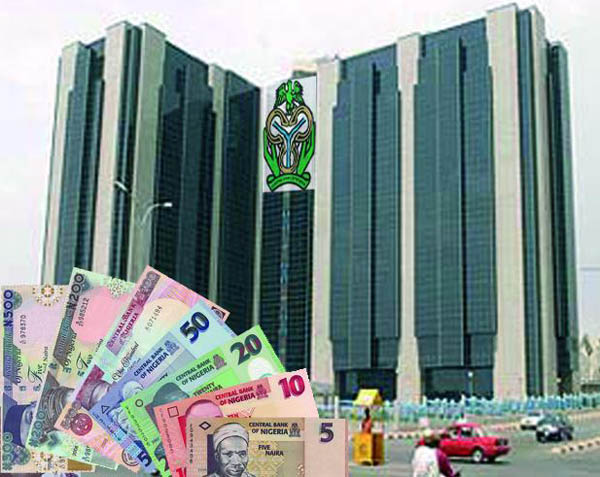Former military President, General Ibrahim was once quoted at a meeting with the organised private sector during Structural Adjustment Programme SAP, as saying he did not know why the Nigerian economy has not collapsed. He was reacting to the inability of the government to develop policies and strategies to deal with the economy. Over the years, successive administrations have made futile efforts at diversifying the Nigerian economy. What many of Nigerian policy-makers have failed to take into calculation in developing their economic model is the huge potential of the informal sector. Nigeria over the years, has failed to give the sector attention and take its potential into consideration in policy formulation.
The result of this neglect has resulted in policy failures. In other countries, the small and medium enterprises are regarded as the engine of economic growth and appropriate policy measures are taken to grow the sector. In some of these other countries, no entrepreneur can even operate a trade in a kiosk without registration. The Nigerian informal sector is so huge and has long been left alone. Government officials do not know the strength of the sector.
This neglect has caused policy failures and pain in the neck of fiscal and monetary policy makers. In the informal sector, there is a lot of money circulating in the system that may never get to the banking system. Nigerian businessmen in the informal sector have developed a unique African banking where money is collected on daily basis and given to one participant in the scheme.
Traders in most markets do this on daily, weekly and monthly basis. Apart from market place rural dwellers have been known to practice this traditional mode of savings for long. Workers have keyed into this model and have helped to keep substantial part of the money in circulation outside the banking system to the detriment of CBN monetary policy. While the CBN targets money in the banking system to curb perceived liquidity, it is not able to do anything about the money outside the banking system. As money is withdrawn from banks almost an equivalent returns through the back door from the informal sector.
The need to permanently address the structural liquidity in the banking economy calls for a rethink of the nation’s monetary policy improving the efficacy of the apex bank monetary policy ratios. There is the pressing need to address currency substitution from public sector deposit to private sector deposit by banks which is assuming a dangerous dimension. Nigerian banks as it with others globally are fund of cutting corners. They have not focus on core financial intermediation but have been manipulating the cash reserve ratio to their advantage.
Indications are that when the CBN increased the cash reserve ratio requirement of public sector funds to 75 per cent banks immediately were substituting public sector deposit with private deposit by reclassification of public sector deposit as private deposit.
This behaviour of banks is seen as a product of market and state failures that led to the paradox of substantial government deposits in Banks and high government borrowing from the DMBs. The banks cashing on public sector deposit with them lend the same money to federal and state governments that have penchant for borrowing. CBN records showed that as at June 13, 2013, the three tiers of government had N2.384 trillion in the various Nigerian banks out of which about 90 per cent are in zero interest bearing Current Accounts. For the CBN to mop up the liquidity at 14 per cent interest cost about N301.33 billion which is more than the annual budgets of most states in the country. Clearly, governments are over- borrowing from the banks where bulk of the money is government deposit. This has shown that governments at various levels in the country are not prudent with public funds and are wasteful in the management of public resources.
In addition this act of banks certainly undermines and corrupts the public sector and makes public resources to generate inefficient outputs and ineffective outcomes. Improving the market and the state demands the correction of the causes of distortions. CBN data shows significant changes in the ownership and instrument structure of the deposits of banks in favour of growth in government deposit and a more efficient use of financial instruments by the government when the cash reserve ratio was retained at 50 per cent. CBN data showed that between June and August 2013 for which data are available, Federal Government naira deposit with banks rose by almost N1.5 trillion. By corollary, private deposits declined by N1.077 trillion. As a result, total public sector naira deposit rose to N3.73 trillion in August 2013 from N2.384 trillion in June 2013 while private sector naira deposits fell to N8.7 trillion from N9.78 trillion in the same period. In addition, a significant part of the increase in Federal government Naira deposit (81%) was held in Time Deposit in August 2013.
But when it was raised to 75 per cent last year, the reverse was noticed as banks were immediately substituting public sector deposit with private sector. This would imply that the banks are always a step ahead of monetary policy and work toward making it ineffective. The CBN has been collaborating with the Bureau of Statistic to undertake surveys and studies of the Nigerian economy.
So far they have not done any outstanding research on the causes and failure of monetary policies in Nigeria. Now is the time to do so.

